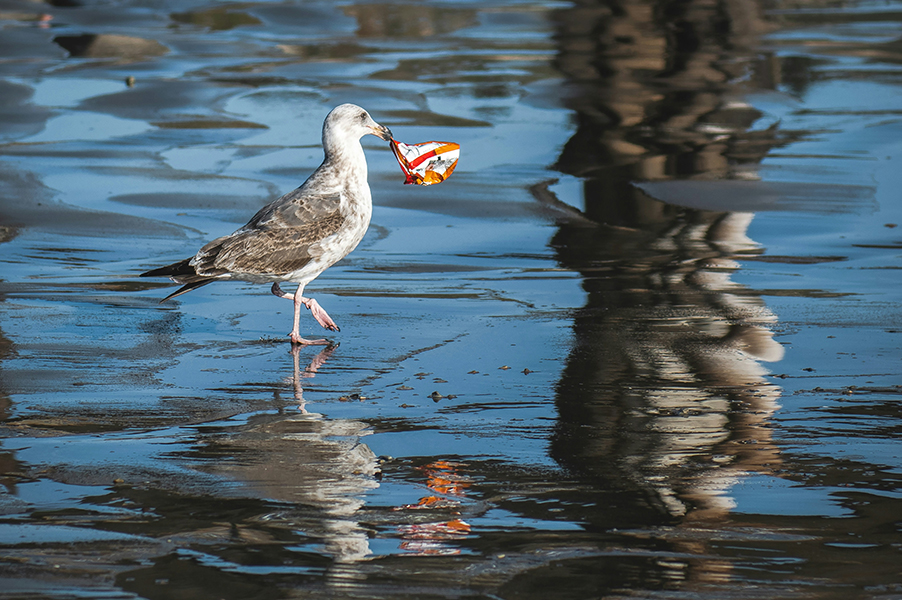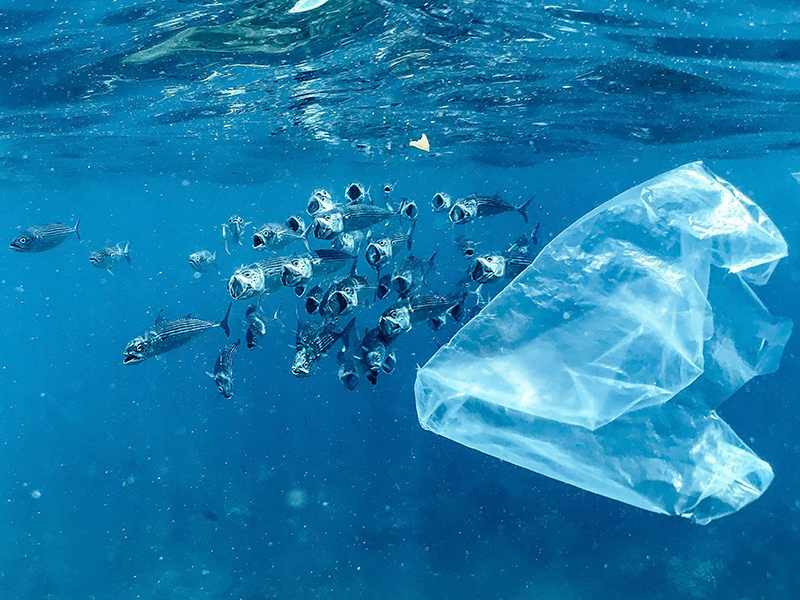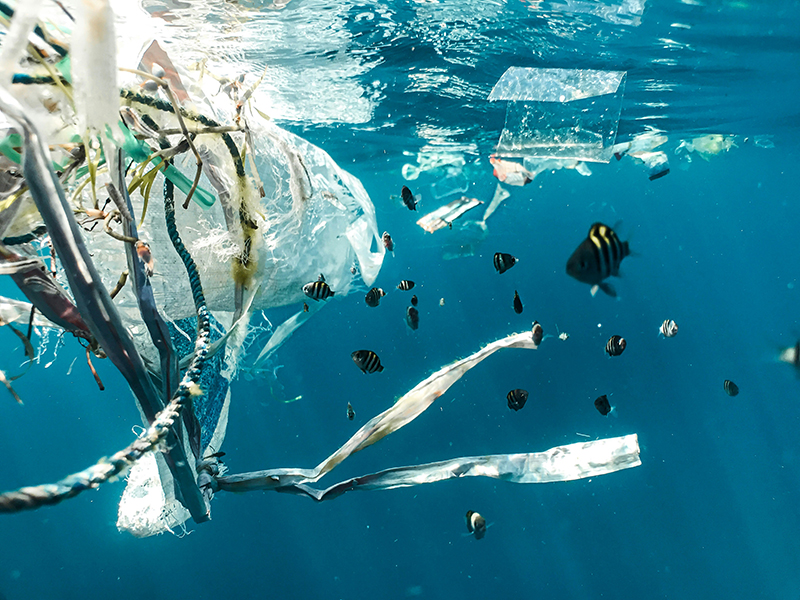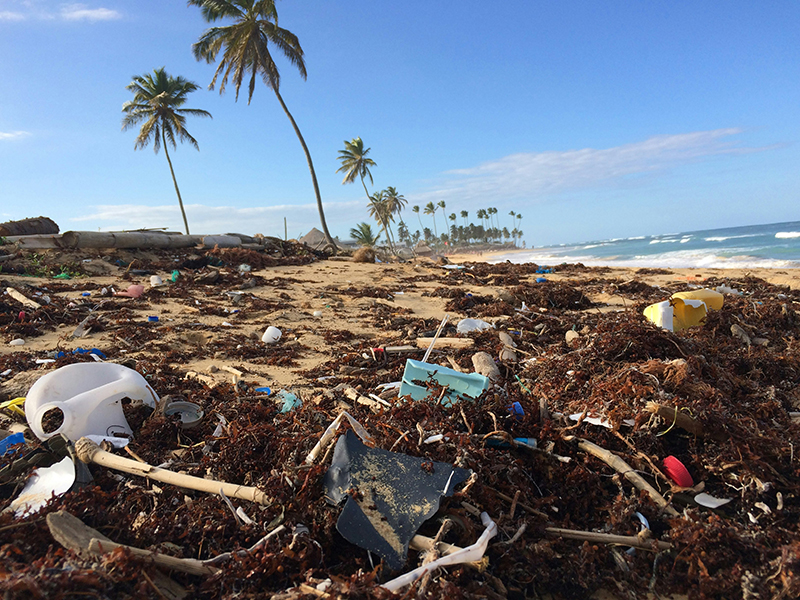The global problem of plastic in the ocean
By AGUSTÍN MRONGOWIUS BARCIELA




Human beings discard millions of tons of plastic every year and much of it eventually ends in the ocean where it is sometimes eaten by fish and marine life. Unfortunately, this already turned into a global problem, and not even far-away polar regions are pristine environments anymore. Apparently, microplastics have been found everywhere on Earth, as well as in the food we eat and the water we drink. This is troublesome news because the more plastic pollutants and toxic chemicals we accumulate in our body, the bigger the potential of them having a negative impact on our health.
It seems obvious human beings need to face this problem, but how can we address this global issue? How do we clean the oceans? Is it even possible, given the vastness of the oceans and the vastness of the problem? No one seems to have an exact and/or easy answer. We have been raised with the message that the solution should start with us on a personal and community level. We are told that we should not use plastic bottles, that we should only use healthy reusable ones like stainless steel bottles. We should reuse and recycle. This is all good but if this is the only thing we do I personally think it will be useless. What difference does it make if some of us don’t use plastic bottles if plastic bottles’ companies keep on producing them by the millions? And why wouldn’t they if plastic is so much cheaper than other materials?
But what if governments prohibited the use of plastics and of all other materials that contained toxic chemicals and pollutants? What if the governments of the world paid scientists to discover other materials that were more natural and less harmful for the environment? What if we, the consumers, were only offered healthy choices? In fact, isn’t it the governments’ obligation to protect us? Why do they feel the need to serve and protect big companies and corporations, instead of protecting us humans and our planet?
It seems true that there’s no single solution to this global problem, but I think that addressing it on all levels would be the wiser way to proceed, starting from governments down to producers and finally down to us, the consumers. Only by accomplishing an efficient and large-scale change, can there truly be an end to this serious problem.